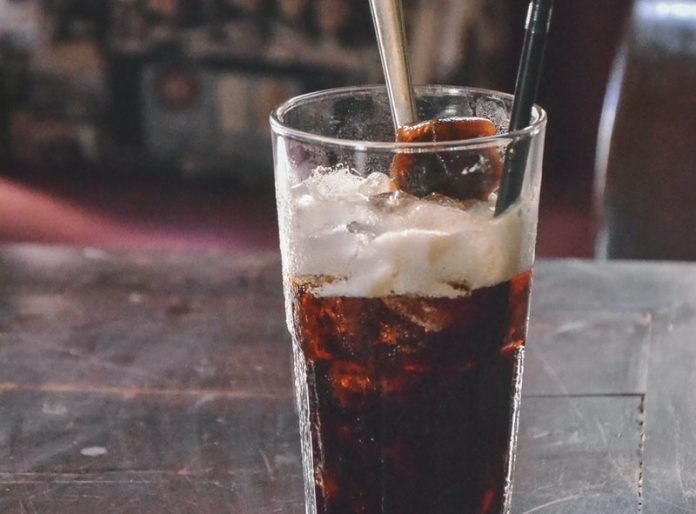
In a new study, researchers found that breast cancer patients who drink sugar-sweetened beverages regularly are at increased risk for death from any cause and breast cancer in particular.
Compared to women who never or rarely drank non-diet soda, those who reported drinking non-diet soda five times or more per week had a 62% higher likelihood of dying from any causes and were 85% more likely to die from breast cancer specifically.
The research was conducted by a team at the University at Buffalo.
Because breast cancer is so common, recommendations regarding lifestyle choices to breast cancer survivors are of considerable importance.
And, despite the negative health outcomes linked to drinking soda, such as weight gain, Type 2 diabetes and heart disease, many people continue to drink sugar-sweetened sodas.
In the study, the team examined the link between sugar-sweetened soda and breast cancer mortality among 927 women who had been diagnosed with breast cancer, aged 35 to 79.
Participants were followed for nearly 19 years.
Of the more than 900 women diagnosed with breast cancer, 41% had died by the end of the follow-up period.
Among the participants who had died, there was a higher percentage of women who reported a high frequency of sugar-sweetened soda consumption compared to the women who were still living.
The team says non-diet sodas are the highest contributors of sugar and extra calories to the diet, but they do not bring anything else that is nutritionally beneficial.
On the other hand, teas, coffees and 100% fruit juices, unless sugars are added, are healthier beverage options because they do add to the nutritive value through antioxidants and vitamins.
Sugar-sweetened sodas contain large quantities of sucrose and fructose, which give them the highest glycemic load compared to other foods or beverages.
These higher concentrations of glucose and insulin may lead to conditions that have been associated with a higher risk of breast cancer.
One author of the study is Nadia Koyratty.
The study is published in Cancer Epidemiology, Biomarkers & Prevention.
Copyright © 2021 Knowridge Science Report. All rights reserved.



